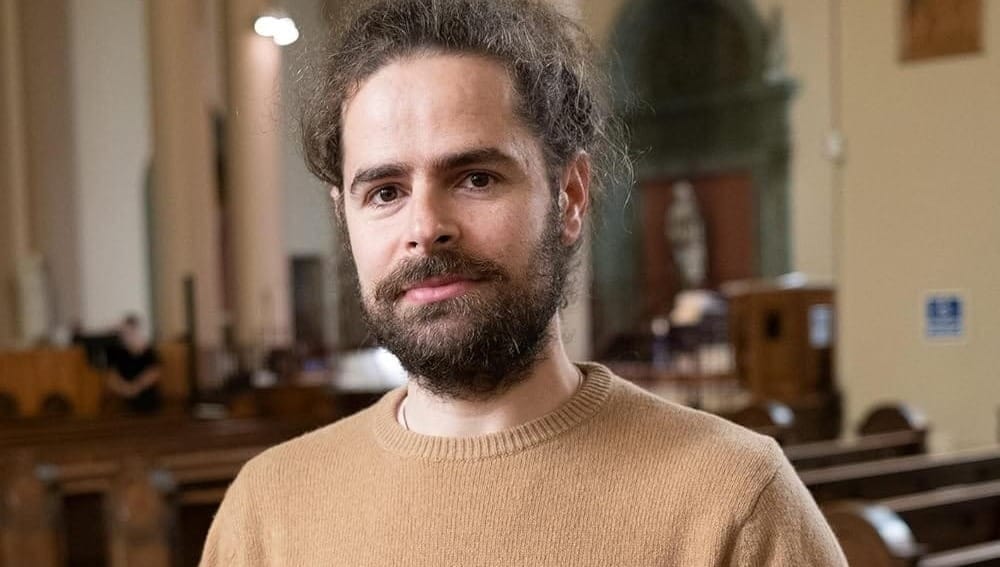Interview with Francisco Guijarro (Moses)
"Seeing him watch his story unfold on screen, knowing it had finally been told, was one of the most powerful moments of my life."

The director of genius doc Moses, about an "invisible" homeless man, talks about 6,000 people on the streets of San Francisco, watching the subject of his movie take his last breath, lifelong friendships, communicating through music, and more - read our exclusive interview
Born in Malaga and based in San Francisco, Spanish-American producer, writer and director Francisco Guijarro is committed to social filmmaking. He studied at the Academy of Art University (in San Francisco), as well as at the International School of Film and Television (in San Antonio de Los Baños, Cuba). He has made five films, three of which on the directors’s seat. His latest creation Moses is a “deeply humanistic and compassionate documentary” about “a homeless San Francisco man disturbing the patterns of visibility”. It premiered at the Malaga Film Festival.
Joshua Polanski – You didn’t have to revisit Moses’s story after I Wish. But you did. What was behind that impulse?
Francisco Guijarro – I Wish was a short film I wrote for one of my classes shortly after arriving in San Francisco to study film and advertising. It was born out of the shock I felt upon seeing how many people were living on the streets, over 6,000 at the time.
I hadn’t planned to keep filming Moses after making that short. But I Wish unexpectedly sparked a series of events that began to positively impact his life. The first was an invitation to a film festival in Madrid. Moses was eager to attend, but he didn’t have a passport. After living on the streets for two decades and being estranged from his family, his identity documents were long gone.
That search for a passport led me to learn more about Moses’s backstory, one that was both heartbreaking and remarkable. I started documenting what unfolded using a Mini DV camcorder, unsure of where it would lead.
Fifteen years and over 700 hours of footage later, I completed Moses, my debut feature documentary, a film that transformed his life, and mine.
JP – Do you have any updates on Moses?
FG – In the film, you witness Moses reclaiming his life, his family, his music, after enduring more than two decades of homelessness. In 2023, after a long battle with cancer, Moses passed away. Before he left us, he was able to watch his film in a small screening room in San Francisco. Seeing him watch his story unfold on screen, knowing it had finally been told, was one of the most powerful moments of my life.
I was blessed to be by his side when he took his final breath. It’s hard to put into words what I felt in that moment. The room in the nursing home filled with a peace I had never known. In film terms, it was like a teaser of heaven: quiet, luminous, full of grace. I had never felt the presence of God so clearly. Moses was a special soul.
JP – There is a lot of emotion on screen. And you get pretty close to Moses over the years. It seems you two are even friends. Given your emotional proximity, what was the hardest scene for you to shoot?
Continue reading at DMovies.